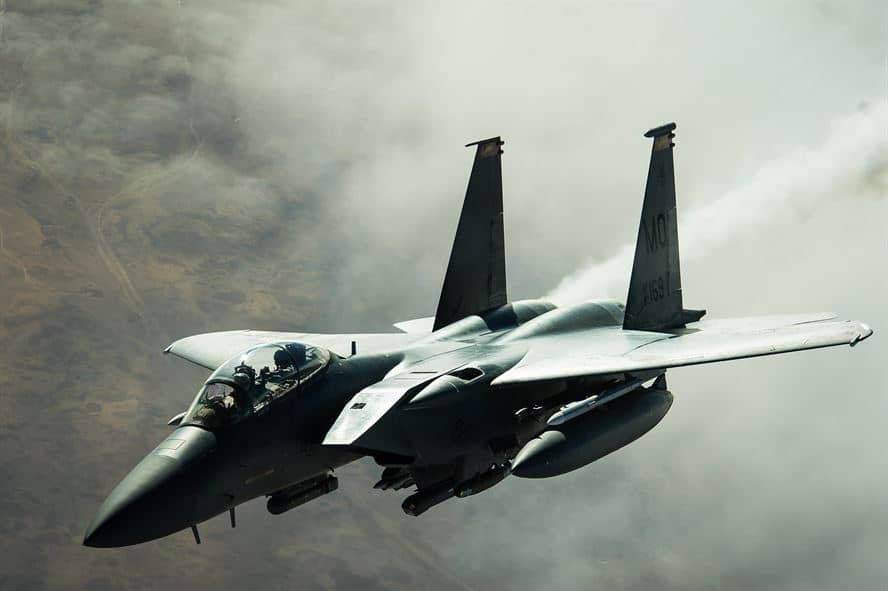
U.S. targets Houthi anti-ship missiles in “self-defense” strikes
The attacks against Houthi missiles are no longer being conducted under the aegis of an international coalition, but directly by the U.S. military.

The attacks against Houthi missiles are no longer being conducted under the aegis of an international coalition, but directly by the U.S. military.

Bill and Behnam unpack the details they’ve been able to gather so far surrounding the U.S. and UK-led coalition strikes against Houthi targets inside Yemen and discuss whether this will restore deterrence. Accurate preview courtesy of Behnam: “We like to say ‘freaky Fridays’ here [we do not] — it can’t get freakier than the first-ever, historic use of force since October 7 by the U.S. and UK against the Houthis.”

After nearly two months and 27 Houthi strikes against merchant vessels and U.S., British and French warships, the U.S. and United Kingdom launched a series of attacks against Houthis military sites.

One week after threatening the Iranian-backed Houthis for targeting international shipping, the U.S. led coalition has failed to back up its words with deeds. Houthi attacks continue unabated.

Bill and Behnam unpack this week’s headlines from the Middle East, including the assassination of Hamas deputy Saleh al-Arouri; the U.S. strike that killed Iran-backed militia commander Abu Taqwa Al-Saedi in Iraq (and subsequent drama with the Iraqi government); the U.S.-led coalition dubbed Prosperity Guardian’s “final warning” to the Houthis; and the ISIS bombings at a memorial in Kerman, Iran for slain IRGC-QF commander Qassim Suleimani.

The Houthi attacks “constitute a significant international problem that demands collective action.” The Houthis said that the attacks will continue.

Since 2015, the Houthi insurgency in Yemen has claimed dozens of attacks on ships in the Red Sea. FDD’s Long War Journal has mapped these strikes.